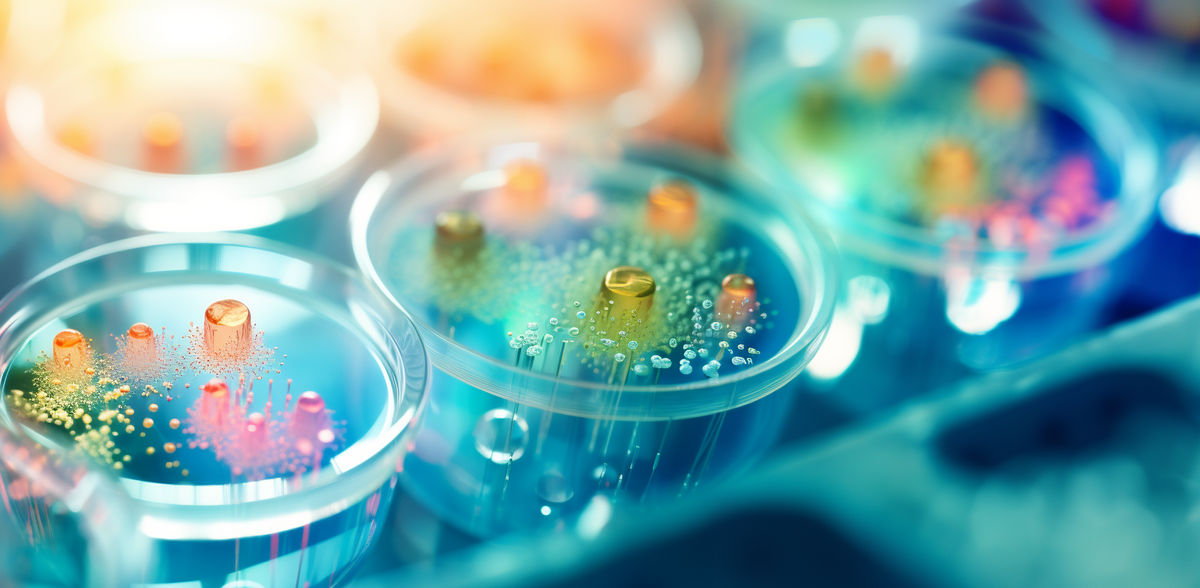A whole new order of bacteria could hold the key to improving biogas production
The discovery was made by researchers from Germany, Spain and the Netherlands
Advertisement
The newly named Darwinibacteriales is one of the most abundant taxonomic groups of microorganisms involved in anaerobic digestion, the decomposition of organic matter which creates biogas.
The finding was made by researchers from the EU-funded project Micro4Biogas, including researchers from TU Dresden, who analyzed 80 samples from 45 biogas plants across Europe as part of their strategy to study and improve the production of this renewable fuel. The discovery has been reported to the scientific community in two papers published on the pre-publication repository bioRxiv, pending peer-review.
Scientists from the European research project Micro4Biogas have discovered and characterized a new taxonomic order of bacteria which specialize in the decomposition of organic matter and could hold the key to improving biogas fuel production. The order, which they have dubbed Darwinibacteriales, is one of the most abundant in biogas-producing tanks but had never been characterized scientifically before.
The discovery was made by researchers from Germany, Spain and the Netherlands, who took 80 samples of decomposing organic matter from 45 large-scale biogas production plants in Germany, the Netherlands and Austria and applied DNA sequencing to study their microbial composition. Astonishingly, members of Darwinibacteriales were present in all 80 samples, despite the differences and distance between these plants.
The scientists were looking for the key microbial players in a process called anaerobic digestion, whereby organic matter is degraded and then transformed into energy-rich gas that can be used as fuel. This process is considered a black box, as the role and dynamics of most of the microorganisms involved remain unknown. Improvement of biogas production would constitute a pivotal change in the energy industry — reducing dependence on fossil fuels and imported energy — but the lack of microbiological research has held back the sector.
With this discovery, scientists from the Micro4Biogas consortium are poised to create tailored, super-efficient communities of biogas-producing microbes. Their aim is to make biogas plants more robust and less reliant on subsidies to run commercially, providing a boost for renewable energies worldwide.
The scientists suspect that one particular family within this new order (i.e., family Darwinibacteriaceae) work in mutualistic collaboration with archaea, another type of microorganisms involved in anaerobic digestion. The bacteria produce metabolic compounds which the archaea then use to generate methane gas. This matches with previous studies that established a correlation between the abundance of MBA03 and biogas production. If confirmed, these bacteria will be a very promising target for developing strategies to increase and improve biogas production.
Original publication
Roser Puchol-Royo, Javier Pascual, Asier Ortega-Legarreta, Pascal Otto, Jeroen Tideman, Sjoerd-Jan de Vries, Christian Abendroth, Kristie Tanner, Manuel Porcar, Adriel Latorre-Perez; "Unveiling the ecology, taxonomy and metabolic capabilities of MBA03, a potential key player in anaerobic digestion";
Pascal Otto, Roser Puchol-Royo, Asier Ortega-Legarreta, Kristie Tanner, Jeroen Tideman, Sjoerd-Jan de Vries, Javier Pascual, Manuel Porcar, Adriel Latorre-Perez, Christian Abendroth; "Multivariate comparison of taxonomic, chemical and technical data from 80 full-scale an-aerobic digester-related systems";




























































